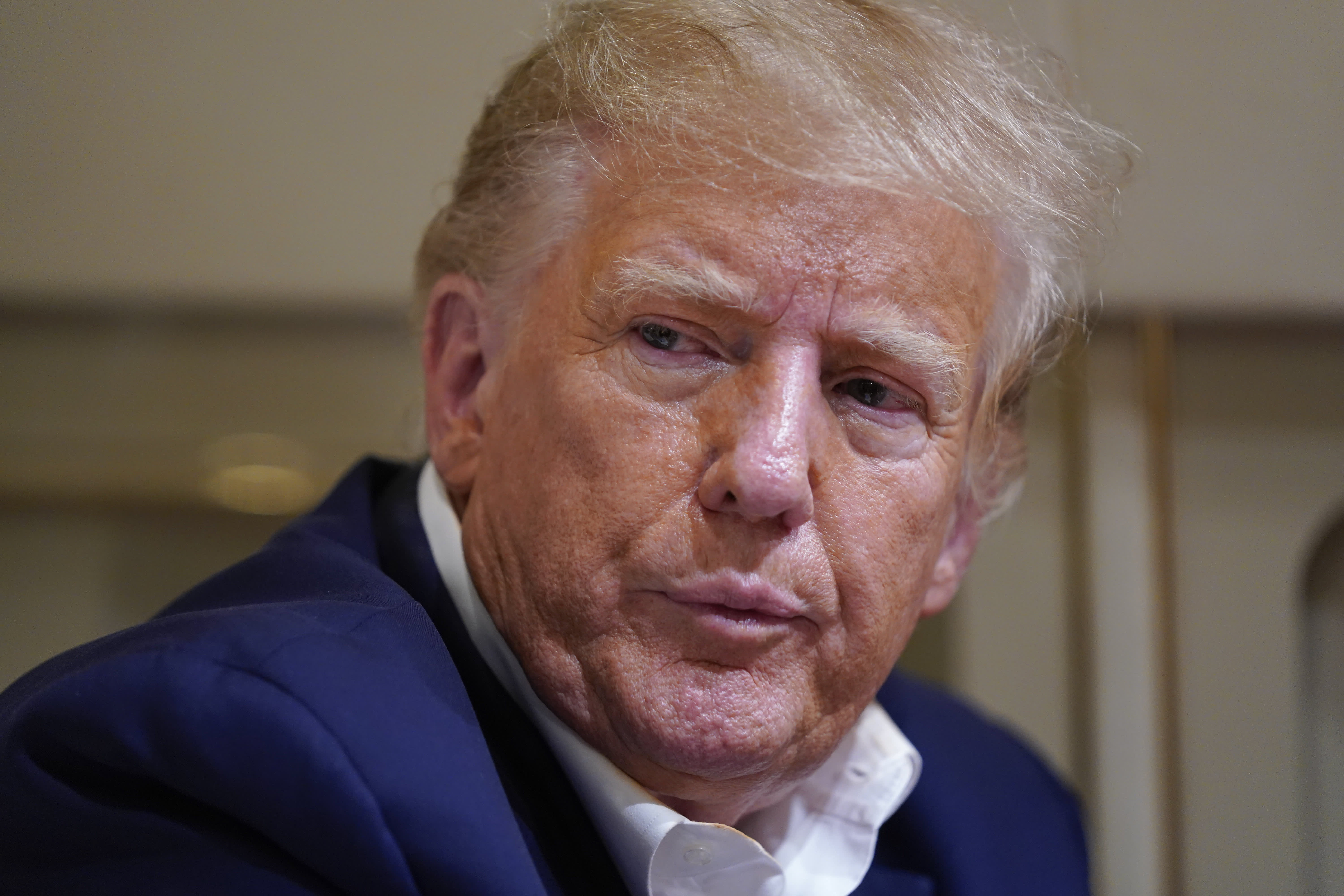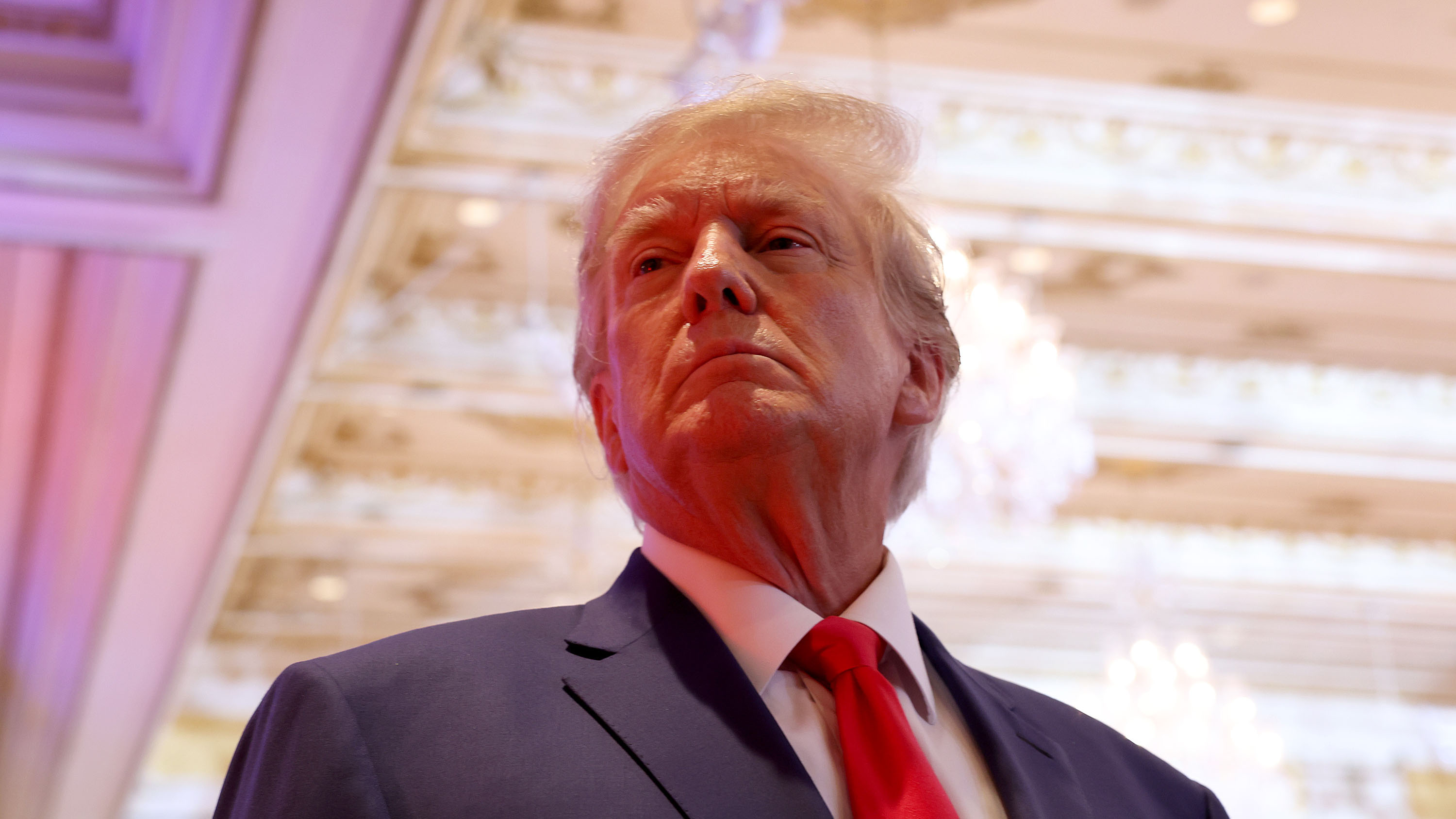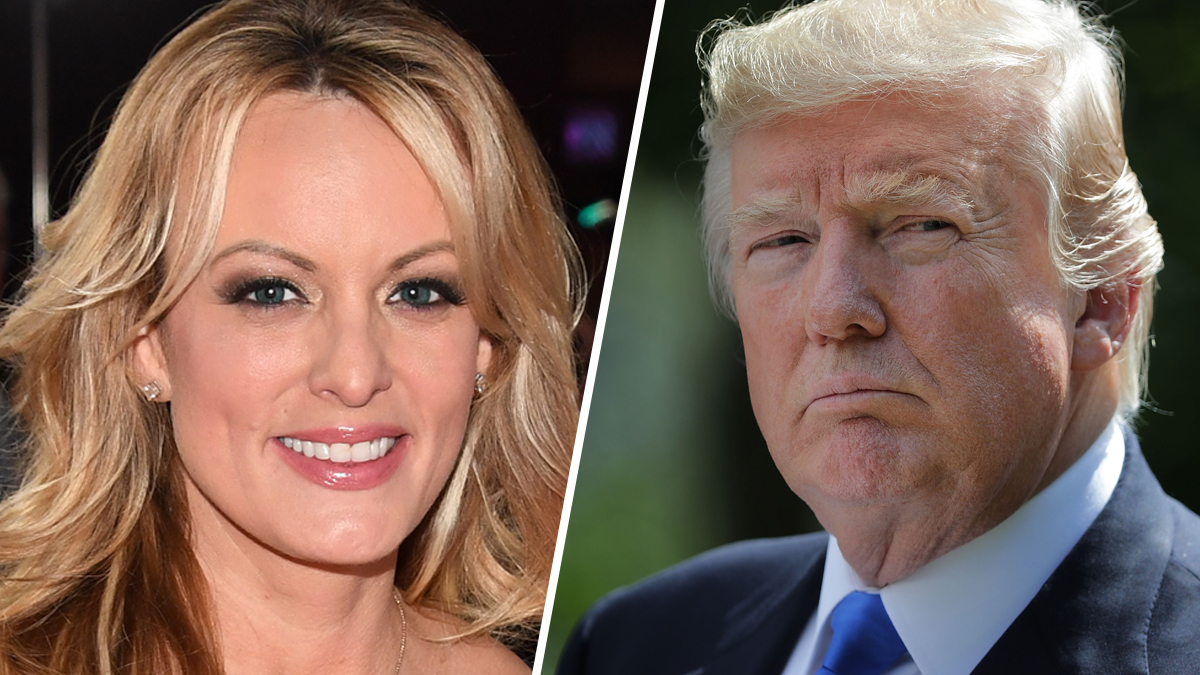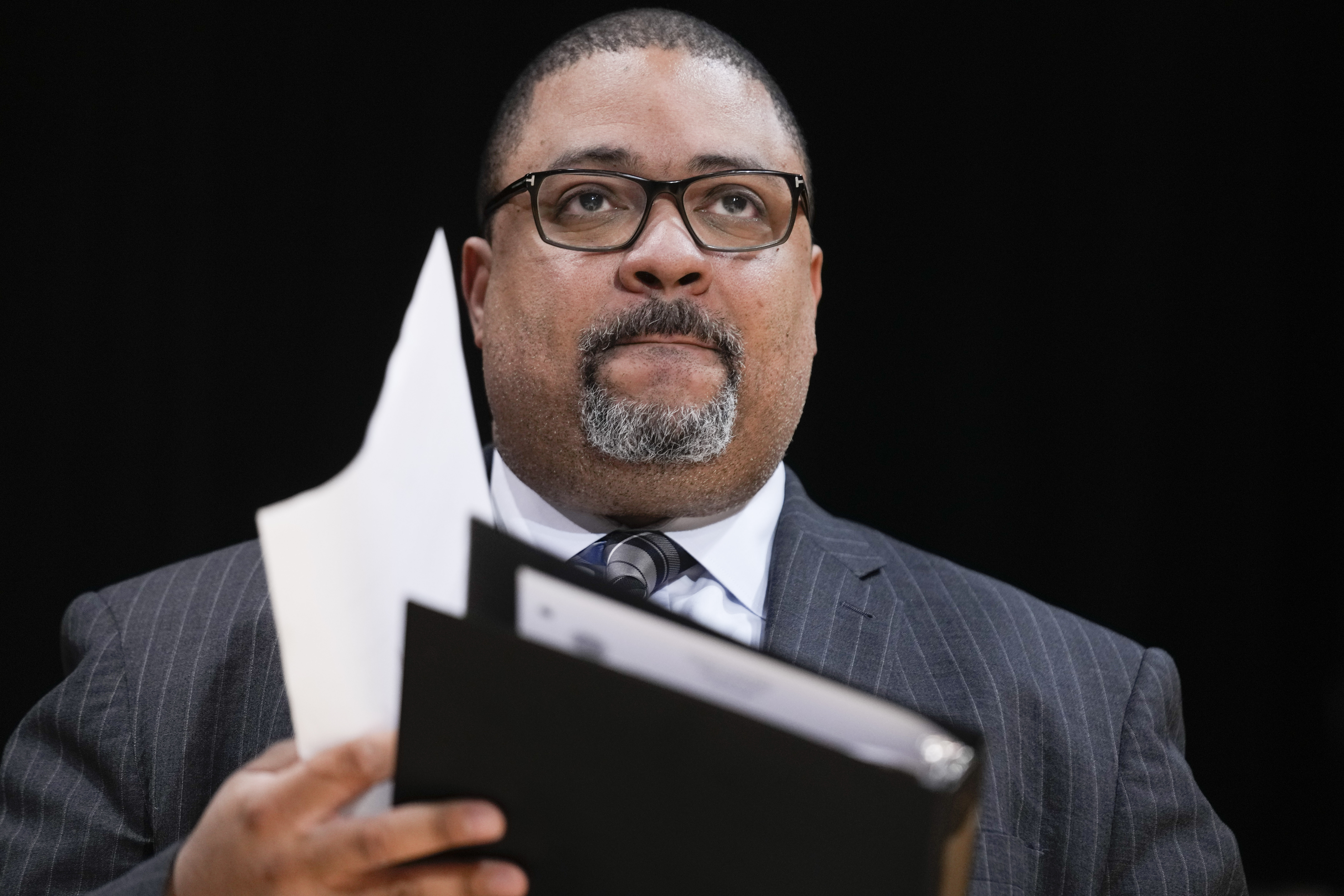Donald Trump became the first president, sitting or former, to be indicted on criminal charges Thursday in a hush money case.
The former real estate mogul and one-term president has been under an investigation that was reinvigorated in January when a grand jury began hearing new testimony.
Who is the man leading that investigation?
Manhattan District Attorney Alvin Bragg, a Democrat, inherited the years-long Trump investigation when he took office in January 2022 and quickly faced criticism — not from Trump, but from holdover prosecutors for backing away from his predecessor’s plans to charge the former president with business-related fraud.
Get Tri-state area news delivered to your inbox. Sign up for NBC New York's News Headlines newsletter.
Bragg, however, secured convictions for Trump’s company, the Trump Organization, and his longtime finance chief for an unrelated tax fraud scheme before pivoting to what he’s called the probe’s “next chapter” — bringing fresh scrutiny to the hush money payments, which have been the subject of repeated federal- and state-level inquiries over the last six years.
DONALD TRUMP CASE
Bragg, 49, came into office 15 months ago amid what he calls a “perfect storm” of rising crime and political pressure, along with internal strife he was facing over the direction of the Trump investigation.
A Harvard-educated former federal prosecutor, chief deputy state attorney general and civil rights lawyer, Bragg came equipped with legal and management credentials, but not much experience navigating New York City politics.
His courtroom bona fides include prosecuting a rogue FBI agent and overseeing lawsuits against Trump while a high-ranking official at the state attorney general’s office. His life experience includes growing up in Harlem during the 1980s crack cocaine epidemic and being held at gunpoint six times — three times by police.
But shortly after taking office, Republicans and some centrist Democrats were labeling Bragg soft on crime for a “Day One” memo he sent to staff outlining his philosophy on prosecuting — or not prosecuting — certain offenses. Among other things, it said the DA would no longer prosecute some low-level misdemeanor crimes, including subway fare evasion and marijuana possession.
Former U.S. Rep. Lee Zeldin, a Republican, campaigned for governor last year partly on a promise to remove the independently elected Bragg from office. The vitriol against Bragg became so rancid — and sometimes racist — friends worried for his safety.
The New York Post put Bragg on its front page 13 times in his first year in office, including five times in his first month, with derisive headlines like “Happy 2022, Criminals!” and “‘Justice’ Gone Mad.”
It became routine for a Post photographer to pepper Bragg with questions when he arrived at the D.A.’s office each morning, which he often ignored. The truth was: while some types of crime increased in Manhattan in 2022, compared to the previous year, there were fewer murders and shootings.
Inside the district attorney’s office, Bragg faced dissent over the direction of the Trump investigation — grievances aired anew last month in a book by a former prosecutor, Mark Pomerantz.
In 2021, Bragg’s predecessor, Cyrus R. Vance Jr., authorized Pomerantz and another top deputy, Carey Dunne, to seek an indictment on charges that Trump exaggerated the worth of his assets in financial statements he gave to lenders. Vance left office before the case was finished, leaving the decision about charges to Bragg.
Bragg decided not to proceed immediately, citing concerns about the strength of the case. In a recent statement, he said: “Pomerantz’s plane wasn’t ready for takeoff.”
The delay prompted Pomerantz and Dunne to resign, leading to some speculation that Bragg had given up on pursuing a case against Trump.
Bragg refuted that in a rare public statement last April, writing: “In the long and proud tradition of white-collar prosecutions at the Manhattan D.A.’s Office, we are investigating thoroughly and following the facts without fear or favor.”
Bragg, an old-school lawyer who prefers to let the work speak for itself, has declined to comment publicly about the status of the hush-money investigation or Trump’s bombastic missives. His office has also declined comment.





